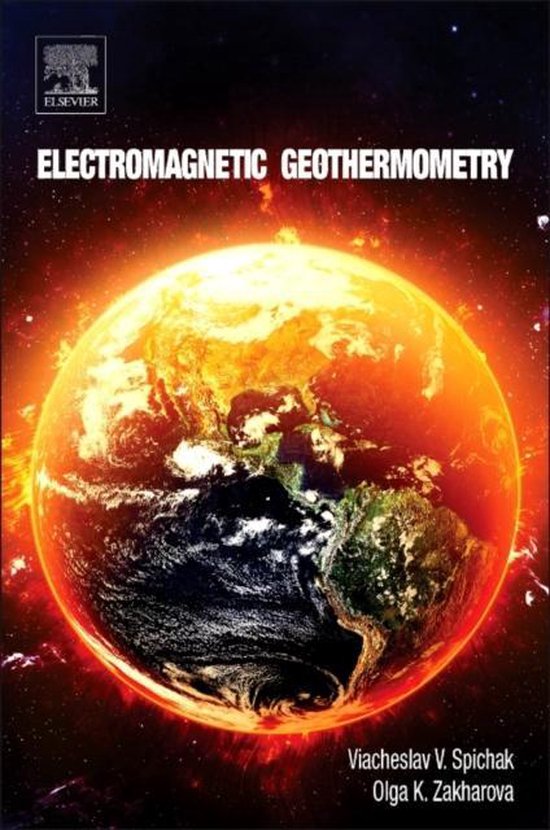Astronomy and astrophysics library physics of earth s radiation belts

2 - 3 weken
This open access book serves as textbook on the physics of the radiation belts surrounding the Earth.
This open access book serves as textbook on the physics of the radiation belts surrounding the Earth. Discovered in 1958 the famous Van Allen Radiation belts were among the first scientific discoveries of the Space Age. Throughout the following decades the belts have been under intensive investigation motivated by the risks of radiation hazards they expose to electronics and humans on spacecraft in the Earth’s inner magnetosphere.
This textbook teaches the field from basic theory of particles and plasmas to observations which culminated in the highly successful Van Allen Probes Mission of NASA in 2012-2019. Using numerous data examples the authors explain the relevant concepts and theoretical background of the extremely complex radiation belt region, with the emphasis on giving a comprehensive and coherent understanding of physical processes affecting the dynamics of the belts. The target audience are doctoral students and young researchers who wish to learn about the physicalprocesses underlying the acceleration, transport and loss of the radiation belt particles in the perspective of the state-of-the-art observations.
This open access book serves as textbook on the physics of the radiation belts surrounding the Earth. Discovered in 1958 the famous Van Allen Radiation belts were among the first scientific discoveries of the Space Age. Throughout the following decades the belts have been under intensive investigation motivated by the risks of radiation hazards they expose to electronics and humans on spacecraft in the Earth’s inner magnetosphere.
This textbook teaches the field from basic theory of particles and plasmas to observations which culminated in the highly successful Van Allen Probes Mission of NASA in 2012-2019. Using numerous data examples the authors explain the relevant concepts and theoretical background of the extremely complex radiation belt region, with the emphasis on giving a comprehensive and coherent understanding of physical processes affecting the dynamics of the belts. The target audience are doctoral students and young researchers who wish to learn about the physicalprocesses underlying the acceleration, transport and loss of the radiation belt particles in the perspective of the state-of-the-art observations.- 1 Bekijk alle specificaties



Taal: en
Bindwijze: Hardcover
Oorspronkelijke releasedatum: 31 oktober 2021
Aantal pagina's: 272
Hoofdauteur: Hannu E. J. Koskinen
Tweede Auteur: Emilia K. J. Kilpua
Hoofduitgeverij: Springer Nature Switzerland AG
Editie: 1st ed. 2022
Product breedte: 155 mm
Product lengte: 235 mm
Studieboek: Nee
Verpakking breedte: 155 mm
Verpakking hoogte: 235 mm
Verpakking lengte: 235 mm
Verpakkingsgewicht: 606 g
EAN: 9783030821661